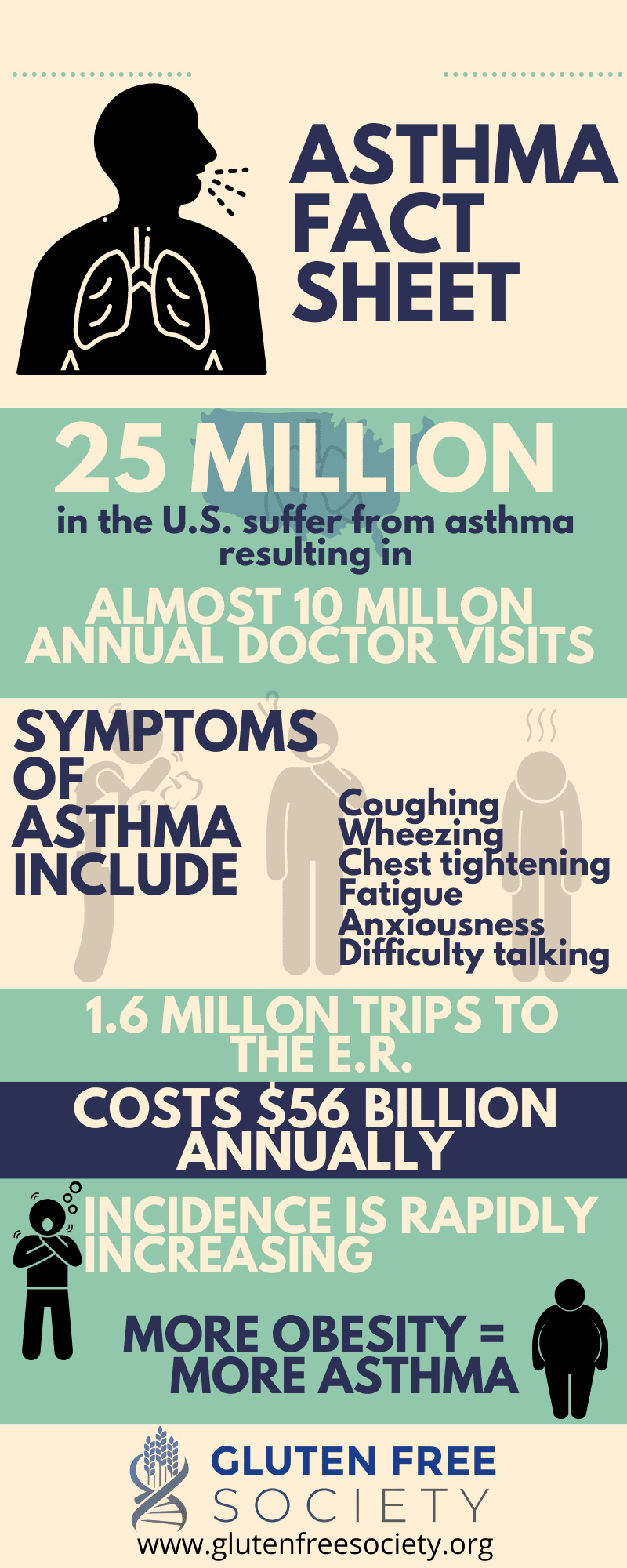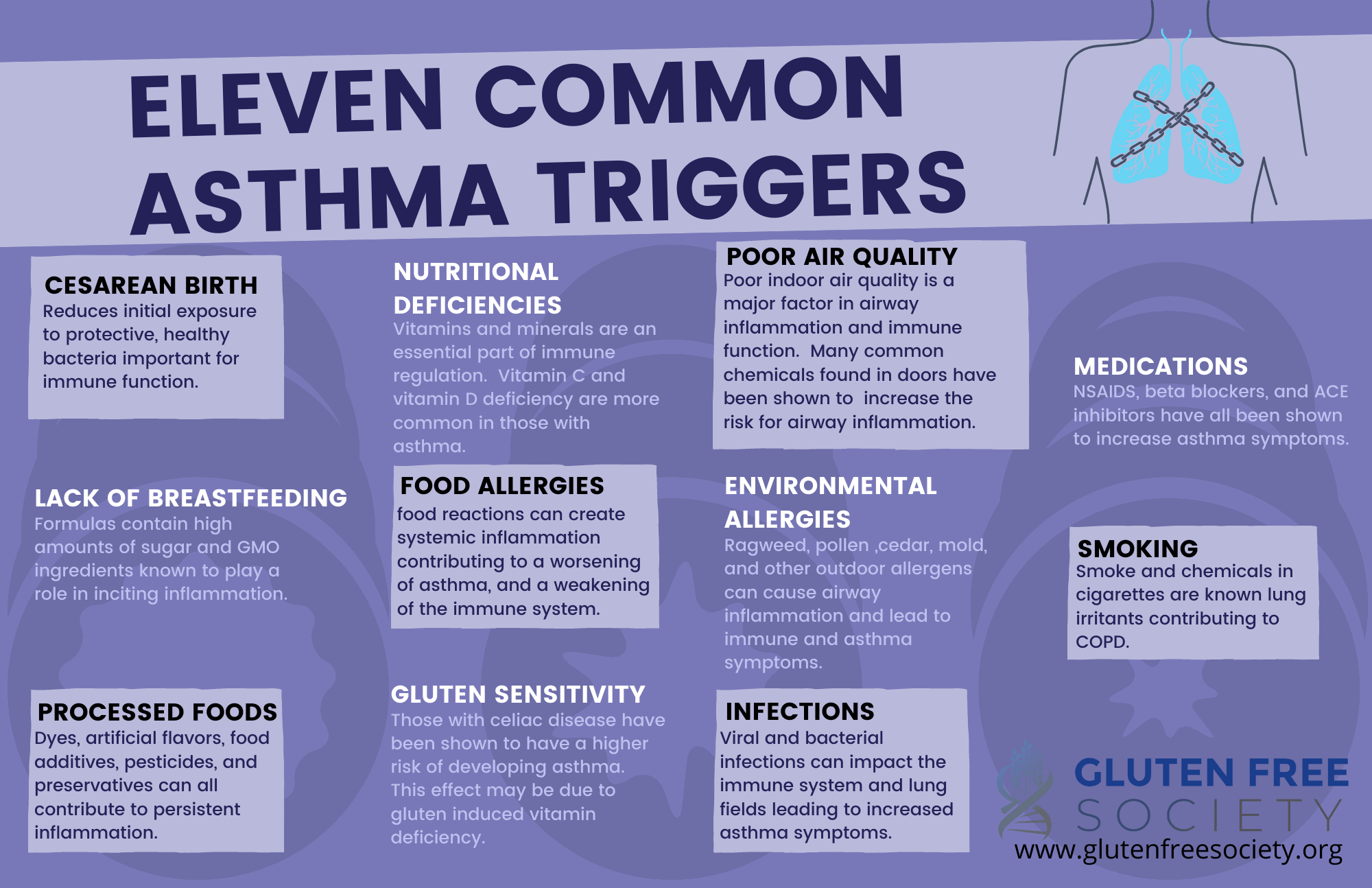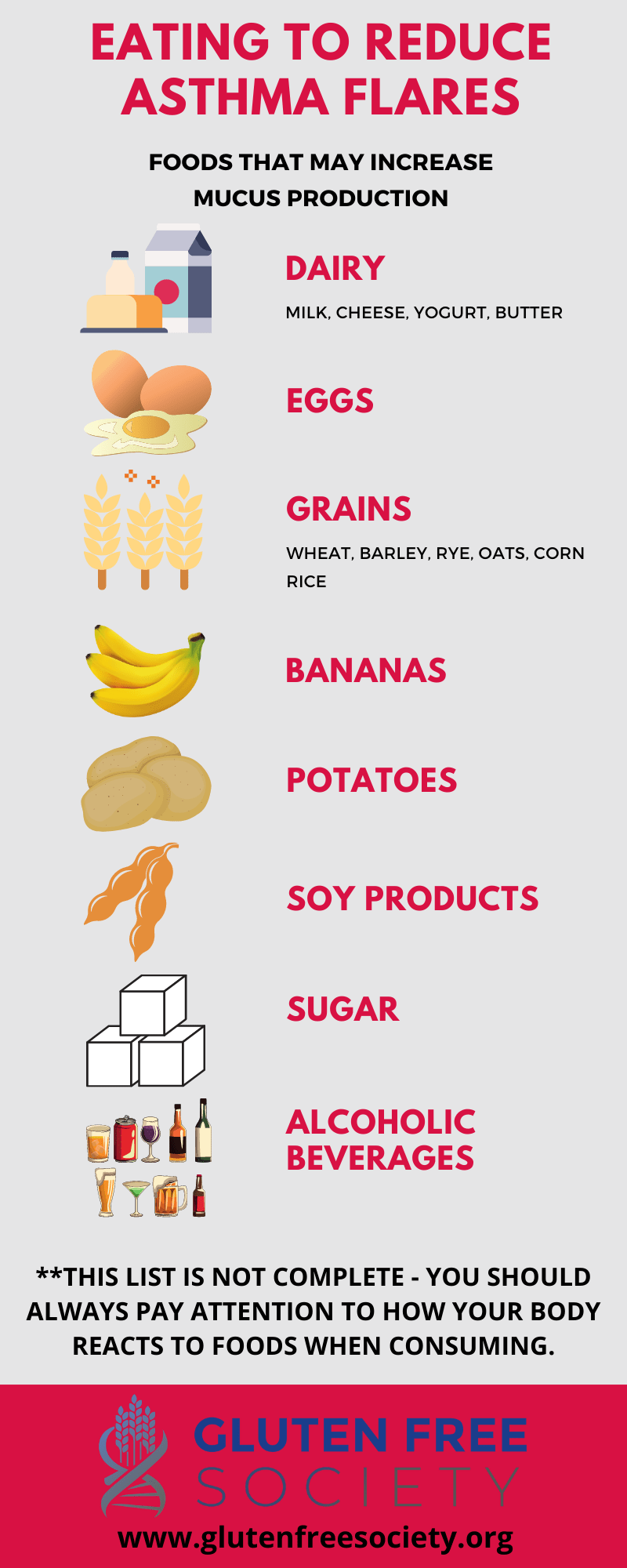new to the gluten free journey?
new to the gluten free journey?

Contents
Toggle
 **For a full breakdown and explanation of the diagram above, watch this video.
Now, the triggers I’m going to discuss in this article relate to food. Specifically gluten and grains as well as chemicals found in processed grain-based food products.
**For a full breakdown and explanation of the diagram above, watch this video.
Now, the triggers I’m going to discuss in this article relate to food. Specifically gluten and grains as well as chemicals found in processed grain-based food products.

Stay up-to-date with the latest articles, tips, recipes and more.

*These statements have not been evaluated by the Food and Drug Administration. This product is not intended to diagnose, treat, cure or prevent any disease.
If you are pregnant, nursing, taking medication, or have a medical condition, consult your physician before using this product.
The entire contents of this website are based upon the opinions of Peter Osborne, unless otherwise noted. Individual articles are based upon the opinions of the respective author, who retains copyright as marked. The information on this website is not intended to replace a one-on-one relationship with a qualified health care professional and is not intended as medical advice. It is intended as a sharing of knowledge and information from the research and experience of Peter Osborne and his community. Peter Osborne encourages you to make your own health care decisions based upon your research and in partnership with a qualified health care professional.
4 Responses
Yes! Removing gluten one year ago, and then later grain and milk altogether, has completely eliminated any asthma triggers for me. I no longer need a daily puffer and I have finally left my rescue puffer behind too. Truly remarkable the difference.
It all started as an experiment for me out of desperation. I believe I was not only reacting to wheat as an allegin, but was also suffering mineral deficiencies and candida infection, which I worked on resolving. All this put together eliminated asthma reactions, overall body pain and rashes, reduced muscle cramping and spasms, and improved mental health and memory. I am a new person.
Thank you Dr. O!
Yes, removed gluten and lactose 6 months ago and this spring my response to tree pollen appears to be less bothersome.
I use plant-based estrogen replacement for hot flashes, which surely contains soy. This is my only option right now as my doctor says I don’t meet the criteria for prescription HRT. Can topical soy aggravate asthma?
If you are allergic to it, possibly.